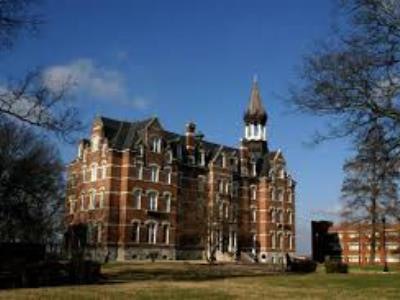
Today, higher education looks at a key chapter in its evolution in the United States, as the nation’s historically Black colleges across the South trace their roots to people and politics of those three key 1866 to 1868 post-Civil War Reconstruction years.
Sesquicentennial celebrations began last month at Fisk University. Another celebration is expected this time next year as Howard University will mark its founding in 1867. Several more institutions, including Hampton University, founded in 1868, are likely to do the same.
Exploring the roots of historically Black colleges helps to better explain the challenges and achievements of the pioneers and put today’s hurdles in context, say historians.
‘Key’ to success
The idea of an instantly reunited America with almost 4 million new citizens becoming full participants in American society had not escaped the thinking of the people and leaders of the North and South.
To the aid of the former slaves, the one-time “contraband” people and the now “freedmen,” came Northern “evangelical abolitionists,” as the United Church of Christ calls them in its historical documents. The missionaries, as they were known, were mostly Whites and a few Blacks, who felt that the institution of slavery had robbed Black people of dignity and morals, historians say. Many had done missionary work abroad. They wanted to bring their moral values to the South. Formal education would be a great vehicle for doing so, they felt, according to historical accounts.














